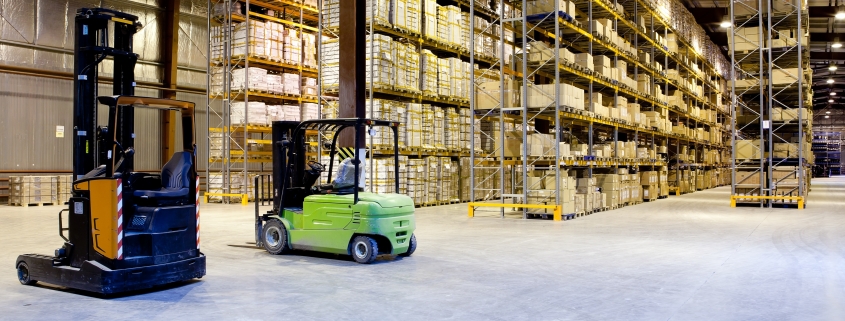Between January 2020 and December 2021, Chinese firms doubled the number of overseas warehouses they operate from around 1,000 to over 2,000, according to figures reported by state media.
A series of recent policy documents makes clear that China intends to continue expanding that international network of warehouses.
For example, the overarching 14th Five-Year Plan released last year explicitly calls on the government to “encourage the construction of overseas warehouses.” An industry-specific five-year-plan focused on promoting “high-quality foreign trade,” published in November, is even clearer on the strategic role warehouses should play, saying China should “rely on overseas warehouses to establish a new foreign trade logistics network” and “optimize the layout of international supply chains.”
Meanwhile, three separate policy guidance documents focused on foreign trade development, issued by the state council between last July and last month, also emphasize (link in Chinese) the need to “cultivate a number of excellent overseas warehouse enterprises,” including with direct support from Chinese embassies and consulates around the world.
Why are global warehouses important to China?
On a purely logistical level, having overseas warehouses helps Chinese businesses get their goods to foreign buyers more quickly and cheaply.
Instead of shipping products only after a customer places an order, firms can dispatch their wares directly to overseas warehouses, clearing the customs process even before orders are made. When a customer makes a purchase online, the product can then be immediately shipped out to them from a nearby warehouse. In the lingo (link in Chinese) of China’s warehousing business, this is referred to as “products going ahead of orders.”
According to a 2020 trade report (link in Chinese) on China’s distribution and warehousing industry, overseas warehouses are estimated to reduce cross-border e-commerce logistical costs by 20-50% compared to retail direct mail, and reduce freight time from 20 days to 3-5 days.
On a broader strategic level, Chinese policymakers and industry experts regard domestic-owned and operated overseas warehouses as an important element of China’s competitiveness in foreign trade. That’s especially the case as the country’s ministry of commerce last month warned of “unprecedented” (link in Chinese) challenges to China’s foreign trade, including uneven global economic recoveries from the pandemic, ongoing supply chain disruptions, and efforts by other countries to reshore supply chains and reduce reliance on China.
For Chinese businesses, the pandemic-fuelled boom in global e-commerce—which is forecast to continue in the coming years—presents an opportunity to further grow their global footprint and market share.
China Business News, a publication operating under the Chinese ministry of commerce, described (link in Chinese) the covid-related supply chain disruptions of 2020 as a “baptism” that sparked “extensive and profound changes” in the cross-border e-commerce industry, leading to a “qualitative leap” in the development of overseas warehouses.
But competition in e-commerce is heating up. The 2020 Chinese warehousing trade report specifically named e-commerce giants Amazon, Walmart, and eBay as formidable competitors in the cutthroat cross-border shipping industry. That’s not to mention firms like shipping behemoth Maersk that are also making major investments in e-commerce.
At the same time as Chinese firms are setting up more warehouses around the world, they are also tapping into a network of warehouses operated by global real-estate logistics giants like GLP. Chinese brands currently account for around 10% of GLP’s total warehouse leasing volume in Europe, according to the firm.
But being able to rely on China’s own network of global warehouses offers its own strategic advantages. As Chinese state media outlet People’s Daily put it last January (link in Chinese), overseas warehouses “have become a new station for ‘Made in China’ to ‘go out’.” Or, in more direct terms (link in Chinese): “With overseas warehouses, Chinese goods will have even better sales!”
Source: MSN News



